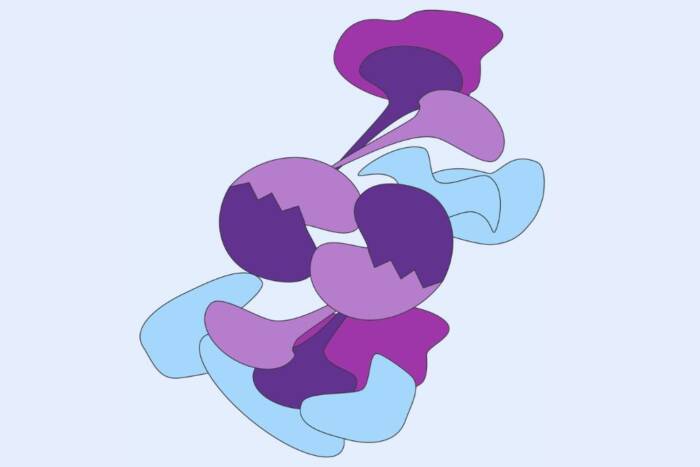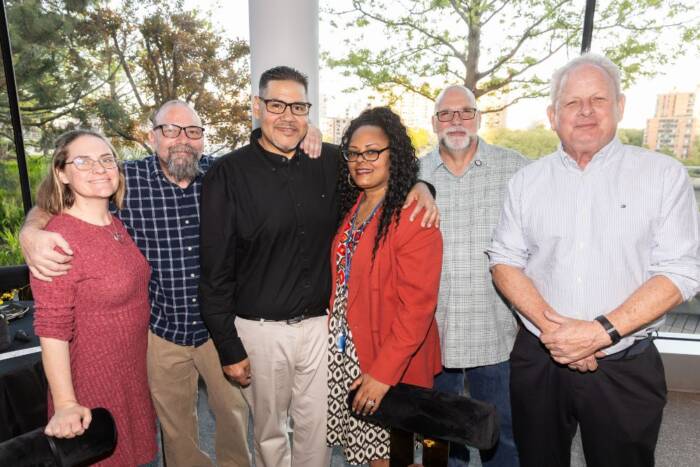Marc Tessier-Lavigne becomes Rockefeller’s tenth president
Marc Tessier-Lavigne, a leading neuroscientist and the former chief scientific officer of Genentech, takes over as president of The Rockefeller University today. He replaces Paul Nurse, who has left to become president of the Royal Society in London.
Tessier-Lavigne was elected tenth president of the university(opens in new window) by its Board of Trustees on September 8, 2010 following an international search. A world leader in the study of brain development, Tessier-Lavigne has pioneered the identification of the molecules that direct the formation of connections among nerve cells to establish neuronal circuits in the mammalian brain and spinal cord.

The mechanisms he has identified are important for understanding how the human brain forms during normal development, and are increasingly being implicated in a variety of other processes, including vascular patterning and axonal regeneration following spinal cord injury, as well as neurodegeneration such as that seen in Alzheimer’s disease(opens in new window).
At Genentech, one of the world’s leading biotechnology companies, he directed some 1,400 people in disease research and drug discovery in cancer, immune disorders, infectious diseases and neurodegenerative diseases. He was also a member of Genentech’s Extended Executive Committee and its Early Stage Portfolio Committee, which oversees all experimental medicines from the early development stage to the end of phase II proof-of-concept studies in humans. In addition to his research management responsibilities, Tessier-Lavigne maintained an active basic research laboratory, which he will relocate to Rockefeller in the coming months. It will be called the Laboratory of Brain Development and Repair.
Prior to his tenure at Genentech, Tessier-Lavigne was the Susan B. Ford Professor in the School of Humanities and Sciences at Stanford University. From 1991 to 2001 was on the faculty at the University of California, San Francisco. He was also a Howard Hughes Medical Institutes investigator from 1994 to 2003. He is the recipient of numerous scientific awards and is an elected member of the U.S. National Academy of Sciences and a fellow of the Royal Societies of the U.K. and Canada.
“My primary responsibility as president will be to help recruit great scientists and enable them to do great science,” says Tessier-Lavigne. In coming months, he plans to familiarize himself with the institution, tap into its diverse community for counsel, and ultimately work with them to craft a strategy for guiding Rockefeller through the coming years. “Together we will chart the course for the university in the next five, ten, twenty years. Within that framework, my aim will be to enable the university’s faculty, students and research staff to be all that they can be, to serve as mentor, colleague and problem-solver and to make sure people have the resources they need to focus on producing transformative science with a minimum of distractions. Just as important, I will focus on making the university a great place to work for all its members — scientists, administrators and support staff. That’s the formula that has led to the university’s sustained success over its long history, and it’s what will allow it to remain an international pioneer in fundamental bioscience, in its application to human health and in training future scientific leaders.”


